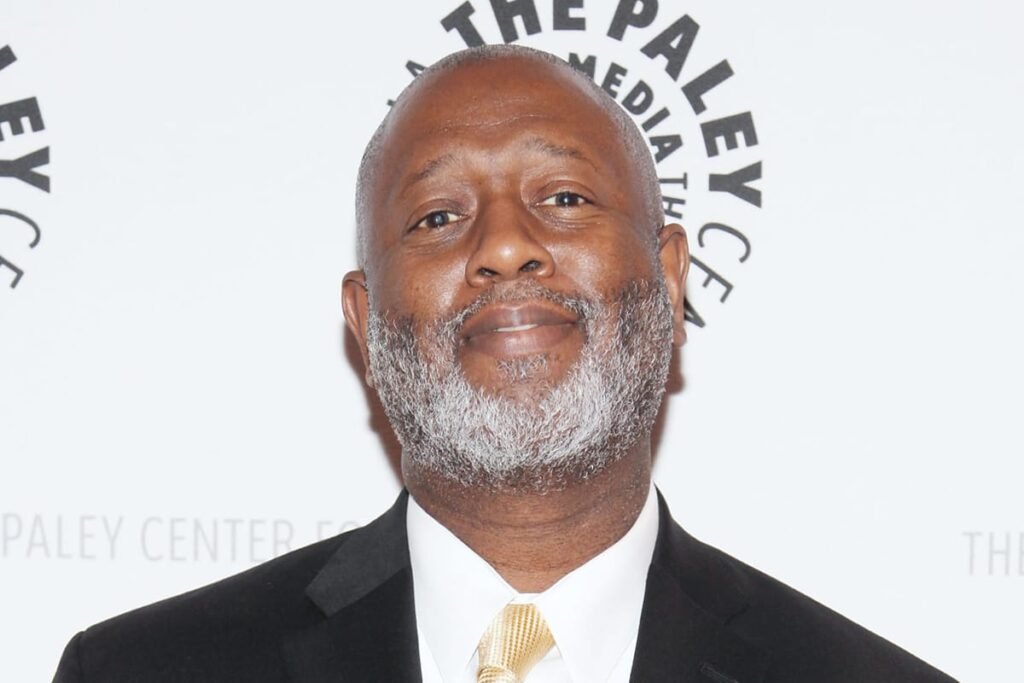The hip-hop community is in mourning following the death of Barry Michael Cooper, a revered journalist and screenwriter whose work profoundly impacted the genre and its cultural legacy. Cooper, known for his insightful commentary on hip-hop and his ability to capture the essence of the streets, passed away recently, leaving behind a legacy that shaped the intersection of music, film, and social commentary in ways that continue to resonate today.
Barry Michael Cooper was not just a writer; he was a storyteller whose words gave voice to the struggles, triumphs, and complexities of the hip-hop generation. His contributions as a journalist are most notable for his ability to blend real-world observations with the cultural vibrancy of the hip-hop scene, creating stories that reflected the raw truth of urban life. Cooper’s work was central to documenting hip-hop’s evolution, and his ability to bridge the gap between journalism and creative writing set him apart as one of the most influential figures in his field.
Cooper made his mark in the 1980s and 1990s, an era that saw hip-hop transition from an underground movement to a mainstream cultural force. As a journalist, he was deeply involved in documenting the genre’s rise, contributing to respected publications such as The Source magazine. His writing helped to validate hip-hop as not only a musical style but also a movement that spoke to the social and political realities of the time. His ability to connect with artists, producers, and fans alike allowed him to document hip-hop in its purest form, portraying the genre with both reverence and authenticity.
Perhaps one of Cooper’s most significant contributions was his work as a screenwriter. In 1991, he wrote the screenplay for New Jack City, a film that became an instant classic in both the hip-hop community and the film industry. The film, which stars Wesley Snipes and Ice-T, centers around the violent rise of drug kingpins in New York City and is credited with giving a cinematic voice to the struggles of inner-city communities. Cooper’s sharp dialogue and portrayal of the urban underworld resonated with audiences, particularly within the hip-hop community, who saw the film as a reflection of their realities.
The success of New Jack City cemented Cooper’s reputation as an influential voice in both the worlds of journalism and film. His ability to capture the essence of urban life in a way that was both gripping and empathetic allowed him to carve out a space for himself as one of the most important writers of his time. Cooper continued to work in film, television, and journalism, contributing to works that explored issues of race, class, and identity—topics that were and continue to be central to hip-hop culture.
Following the news of his passing, tributes have poured in from various members of the hip-hop community. Artists, filmmakers, and fellow journalists have all expressed their grief, reflecting on the profound impact that Cooper had on their work and the culture as a whole. Many have shared personal anecdotes of how his writing and films shaped their own understanding of the world, offering a testament to the power of his storytelling. Hip-hop mogul and entrepreneur Russell Simmons, who had worked closely with Cooper in the past, called his death a “tragic loss” for the culture.
In addition to his work with hip-hop artists, Cooper was also a champion for the next generation of writers and filmmakers. He mentored young talent, always pushing for authenticity in storytelling and encouraging others to tell their truths. His influence on the hip-hop community and beyond cannot be overstated, as he was not just a chronicler of the culture but also an active participant in shaping its narrative.
Barry Michael Cooper’s passing represents the loss of a monumental figure whose words continue to echo in the halls of hip-hop, film, and journalism. His legacy will live on through his work, ensuring that future generations continue to understand the pivotal role he played in shaping both the genre and the culture it represents.



